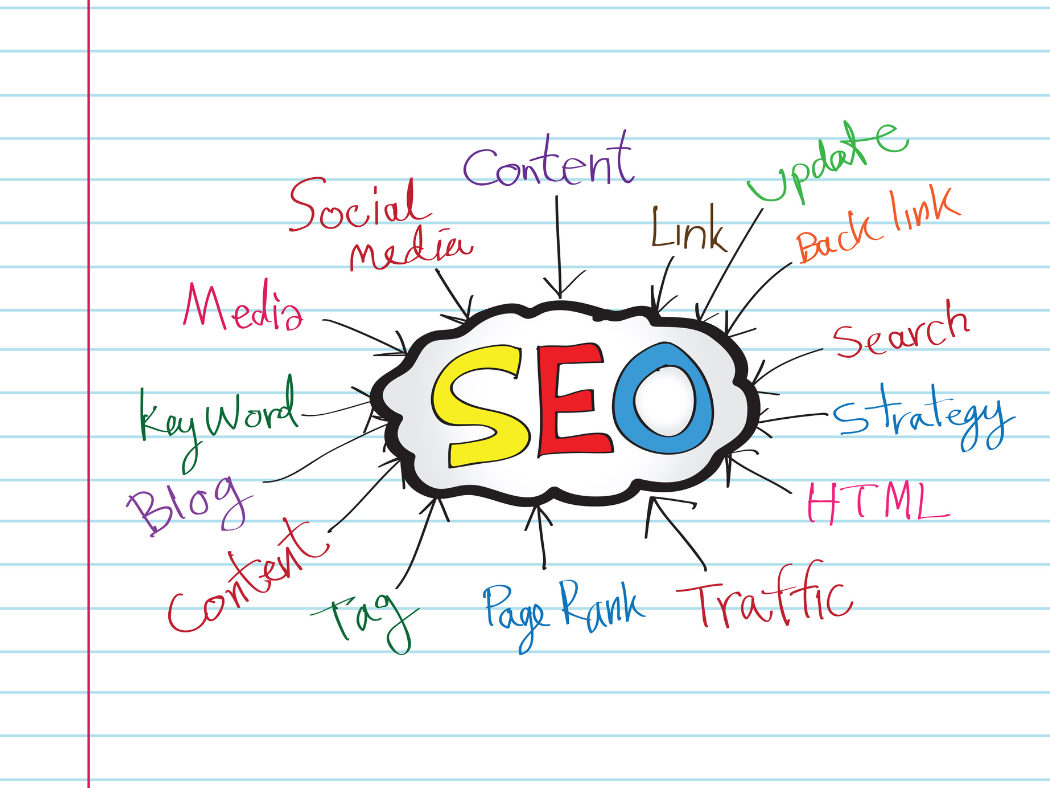By: Sharon Berman
Published: The Recorder
A prospective client, who had been spending a great deal of time out of the office marketing his firm, recently asked me, “Can you be doing too much marketing?” This professional was particularly concerned because he didn’t want the reputation of some attorneys he’d known in the past who were known as marketers, but not trusted advisers. They were viewed as professionals who spent a lot of time developing business, but were rarely seen in the office or working with clients.
As a professional marketer, I believe the answer to the question of whether one can be doing too much marketing is complex and depends on a variety of factors, including your own marketing strengths, where you are in terms of your own career and firm development, and where you want to take your business. However, if you’ve asked yourself whether you are doing too much marketing, it may be time to re-evaluate or rebalance your marketing strategy.
You are doing too much marketing if the amount of time you’re devoting to marketing and business development is negatively impacting your client service. Perhaps clients are telling you that it seems you don’t have time for them either to discuss their matters or to be their sounding board. It may be that you just don’t have the time to get hands-on work done. If you are having this experience, you’re sabotaging yourself in two ways: by alienating current clients and missing opportunities for maintenance marketing — growing business while interacting with current and potential clients.
Marketing is a never-ending process; there is always more to do. This, along with the consistent pressure to generate new business, can make it a challenge to put limits on the time you spend. One way to alleviate this problem is to schedule marketing time on your calendar — whether it’s an entire day each week or an hour each day — in addition to networking lunches, breakfasts and other marketing events. Scheduling your time in this way will enable you to devote specific time to marketing, helping to alleviate ambiguity and stress.
As you consider whether or not you’re doing too much marketing, you may want to rephrase the question and ask if you are doing the right kind of marketing. For instance, the prospect that initially queried me was attending a number of conferences, connecting with referral sources, clients and prospective clients. If this prospect focused more on marketing that would allow face time, expand his network, and build his visibility and credibility, he could be seen both as someone with a solid network and as trusted adviser. In this particular example, we’d suggest that he seek speaking engagements at the conferences in his target market to increase visibility and expert positioning.
If this individual doesn’t like speaking, he can consider establishing or building on his role as an expert through publishing bylined articles — those that showcase him as the author as opposed to those written by journalists — or by being quoted in the media. For example, he could interact at the conference and also keep his eyes and ears open for article ideas that would be of interest to his network. Using that material as a catalyst, he could seek opportunities to publish bylined articles, proposing story ideas to journalists, or send an email blast to his distribution list that recaps the most interesting aspects of the conference material. These activities would leverage the investment made to attend the conference by using the material to reach more people, while also reminding those he previously met of his presence there.
This prospective client might want to rethink the balance of his marketing between that which needs to be done in person and that which can be leveraged. We all need to meet the “right” kind of people; however, you can only touch so many people personally. Additionally, networking can get exhausting relatively quickly. By mailing, emailing and using social media, you can extend your reach, showcase your expertise, and remind your prospects, clients and referral sources of what you do. You can further validate your expert positioning if the material you’re distributing has third-party credibility — it’s been published, you’ve been profiled or quoted by the media, or if you’ve spoken to a group.
Another means to keep the lead pipeline full while minimizing the amount of time you personally devote to marketing is to place more emphasis on generating in-bound leads through online sources. You can do this through search engine optimization (SEO) and pay-per-click (PPC) advertising. A firms’ willingness to consider SEO and PPC as marketing tactics depends on the size and practice area. While web marketing continues to be increasingly competitive, there is still much opportunity for firms to capture business in this way. You’ll have to winnow through queries from unqualified leads, but the gems you will uncover will be worth it.
An important component of SEO is adding relevant content to your website that showcases your expertise. In the case of our prospective client, adding substantive content to his firm’s site, especially work he authors or in which he discusses upcoming speaking engagements, underscores his role as a trusted counselor.
Maybe you’re doing too much marketing and you have the good problem of the phone’s consistently ringing and work that is flooding your firm. Professionals in this situation often tell me that they can’t even think about marketing because they have all the business they can handle. To me, this doesn’t mean to stop marketing. Instead, it means to step back and begin strategizing. Such a work-rich environment creates the perfect time to rethink your marketing in terms of profitability and pricing. Is the work you’re fielding the most profitable? Is it the work you enjoy most? If you increased your rates and lost some work — likely not the clients who most value your advice and counsel — could you make the same income doing less work and have more time for you? While it can be uncomfortable to think about letting some work go, you may want to take this time to consider it.
You may be someone for whom there is no such thing as too much marketing because you enjoy it so much and would rather be marketing your firm than doing work. If this is the case, then that’s very important in terms of understanding yourself and where you want to take your business. You may ultimately want to structure your practice so that you are a rainmaker and delegate the work to others.
If you are considering whether or not there is such a concept as too much marketing, take the time to analyze these many factors. It’s critical to know your needs and those of your firm and clients. Once you have that clear understanding, turn your focus on the best ways to consistently market your practice while also nurturing your firm in a manner that is in line with your overall goals.
Reprinted with permission from the “August 2012” edition of the “The Recorder”© 2012 ALM media Properties, LLC. All rights reserved. Further duplication without permission is prohibited. For information, contact 877-257-3382, reprints@alm.com or visit www.almreprints.com.


